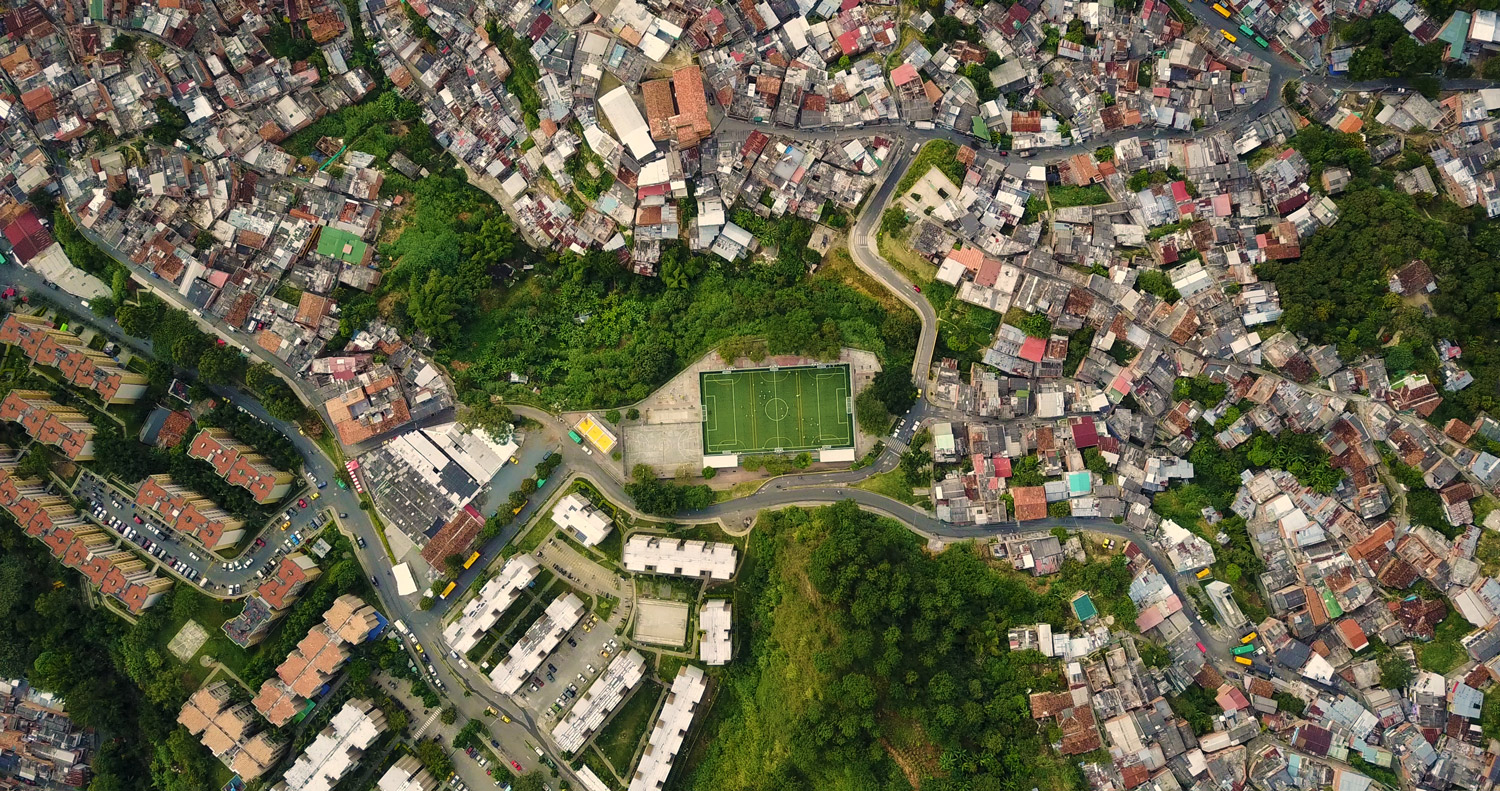On World Cities Day, the international community unites to amplify its interest in rapid urbanisation – and ensuring further action towards sustainable urban development.
Last year, sustainability and resilience were two themes driving a dialogue to better connect goals, learnings and tools for lasting impact. This year brings a new urgency: Innovations and better life for future generations. While cities must channel innovation to remain future-focused and keep pace in a digital age, it’s imperative that this innovation is inclusive, particularly the development and integration of digital technologies so that young people and the generations to come are not left out or left further behind.
Today, half of the world’s population – over 2.5 billion people – is under 30, the largest numbers witnessed in human history. According to UN-Habitat, almost 85% of young people live in developing countries, accounting for 90% of the expansion of cities. By 2030, 60% of this urban population is expected to be under 18 years old. Bringing a youth-friendly lens to efforts to create healthier and safer cities for future generations has become essential.
At the same time, young people across the globe face a growing number of health and wellbeing challenges that have been sidelined in global health policies, programs, and investments. This World Cities Day raises important questions. How can urban planning support the needs of these young city dwellers? How do with bring young people themselves into the process? What tools do we need to get there faster – and with scalable impact?
As a foundation, we focus our attention on young people in expanding intermediate or secondary cities. These are some of the world’s fastest growing urban environments, yet are often undervalued in global and national development agendas. We recognise their huge economic and social potential and the important role we can contribute.
Through uniting key players with young people, working collaboratively on policies and initiatives that transform these rapidly growing cities, and investing in skills development of urban youth populations, we can work to create healthy, safe and thriving urban environments
- We are proud to support the Healthy Cities for Adolescents program – a five year initiative uniting partners from government, civil society, and the private sector to address the health and wellbeing of young people in secondary cities. Harnessing collective action and actively engaging adolescents, the program aspires to promote digital innovation and systemic transformation. The first projects selected include the use soccer as a vehicle to improve young people’s health and wellbeing in Medellin, Colombia and a multi-stakeholder model targeting adolescents in and out of school in the city of Thiès, Senegal.
- Our founder’s legacy has rooted an important commitment to the safety of young people. We are proud to support the Botnar Child Road Safety Challenge, a program together with the Global Road Safety Partnership that supports projects that address locally relevant road safety problems with practical, innovative and evidence-based interventions.. Since launching, the program has supported multi-sector led projects tackling road safety problems which impact children in India, Mexico, Romania, South Africa, Tunisia, Tanzania and Vietnam.
- Together with Bloomberg Philanthropies, the Bernard van Leer Foundation and the FIA Foundation, we also support Streets for Kids, the newest program of NACTO’s Global Designing Cities Initiative, that looks at cities through the lens of children and their caregivers to help progress street designs that create safe public spaces for children of all ages and abilities to learn, play, and move around a city. A child-focused design guide is due to be launched early next year.
- We see the integration of digital technologies into urban health services as critical to improving not only how care is targeted – by measuring and analysing data – but, importantly, care efficiency. Contributing to a partnership between D-Tree International and the Zanzibar Ministry of Health, among others, we are supporting the roll out of a national digital community health system to improve maternal, newborn, and child health services for urban populations in Zanzibar.
Resources
- Watch our new animation: ‘Supporting youth-friendly approaches to cities’
